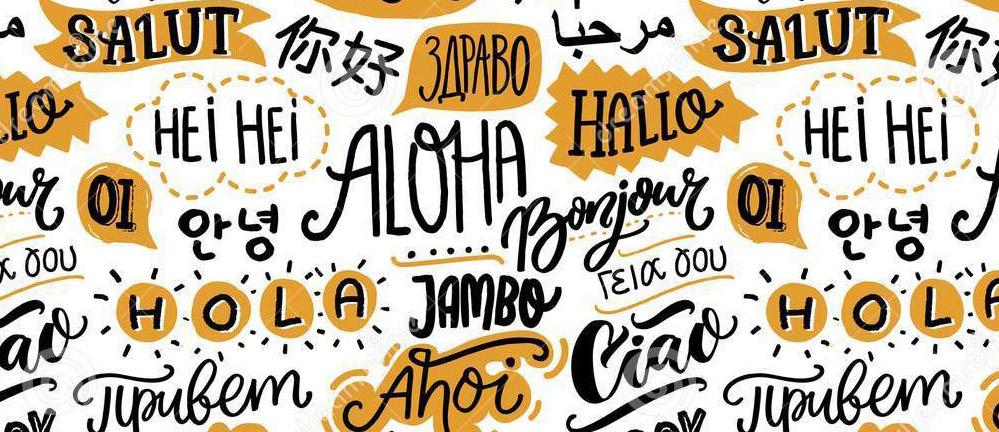
7 minute read
diversity at oakton
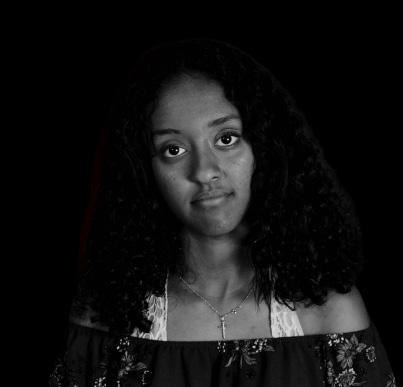
rell dumlao (11)
Advertisement
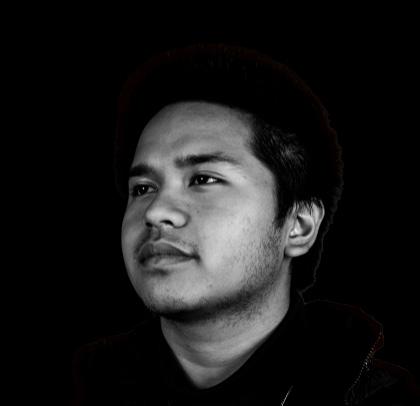
We moved from the Philippines when I was pretty young, and my parents didn’t initially have the best impression of America. We weren’t from a super nice suburb, and the Phillipines is really different from America. We didn’t know if we wanted to move here for a long time because of it. For a while we didn’t have a permanent home - we were kind of just bouncing from place to place until we eventually found one. I’ve never really felt different from anyone because of it though. To me, wealth is just a statistic - it’s not something I consider when I talk to people or when I make new friends. I guess I understand where it could be something that’s really impactful for other people, but it hasn’t ever effected my relationships with my friends, teachers or family - I don’t think it’s that closely tied to my identity. My freshman and sophomore year, I felt less comfortable in my own skin and more generally with who I am. By now, I’ve kind of adjusted to being one of the only black girls in a lot of my classes, but it wasn’t easy. Clubs like BSU helped me to feel like there were other people like me at Oakton - like I didn’t have to compromise parts of my identity and could act and speak and live fully authentically. I think most minority students feel like they have to be “less-black” or “more-white” in a lot of situations, which has always really frustrated me. It’s not that it’s anyone’s fault, but when everyone else acts different from you, you tend to want to fit in. People used to tell me that when I spoke I sounded “white,” which I’ve never understood because I can be educated and speak like it and be black all at the same time.
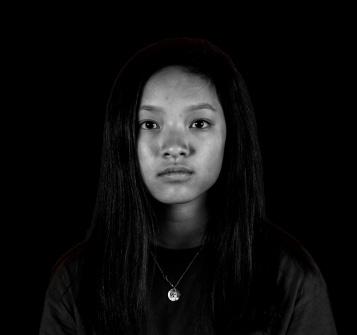
maria amare (12)
sydney chen (10)
The “model minority” myth has impacted my life in so many different ways. Growing up, I was always taught that you had to love math or be in STEM in order to be successful. I always felt like I had to conform to this model of an “ideal asian,” in the sense that I always felt like I had to live up to someone else’s expectation for my success. People that I barely spoke to would ask me about my test scores to see if theirs were “good.” I felt like my worth and identity was tied to my grades, and anything short of living up to that was failure. I felt like I had to be taking 6 APs or choosing my grades over everything else in order to satisfy other people. Eventually I realized that my passions aren’t in STEM, they’re in humanities, and that choosing a courseload that’s healthy for me is more important.
From a student-to-student perspective and a teacher-to-student perspective, Oakton has always been incredibly welcoming, but from an administrative standpoint, it suffers more. Every time I walk into the women’s bathroom, I hope that all the girls just think that I’m a girl with short hair. I’ve had experiences where I’ve been yelled at in a bathroom or people are taken aghast, which makes sense because they think that a guy’s in the girls’ bathroom, but they don’t know that it’s the administration that is requiring me to be in there. It’s always a huge thing of anxiety for me. I don’t want to make them uncomfortable, and I don’t want to be uncomfortable. Being trans I also have to allocate a lot of time to things that cisgender people don’t. For example, to transition, it’s required by the state that I go through gender therapy and my endocrinologist only meets during school hours, so I’ve missed a lot of days of school for hormone therapy. There was also a problem this year where I qualified for All-State band under the wrong name, and my incorrect name was in some of the concert programs. It was really defeating because after this year, when I legally changed my name, I thought that this wouldn’t have to happen anymore. I was just really disappointed because it’s not like any kid whose name is Samantha but goes by Sam has that happen to them, so why does it happen to me?
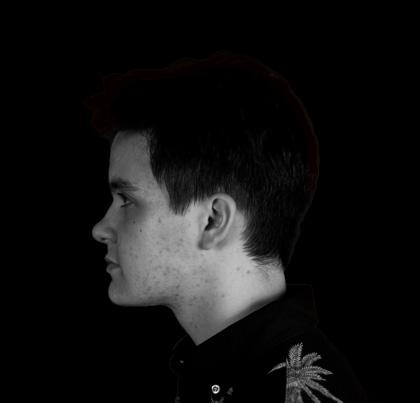
at at

emily bach - editor | tyler chapman - contributing photographer
Ninth grade was really rough. I had one person ask if Osama bin Laden was my father. My gym teacher told me to take off my scarf and said that if he could see my hair he would give me a higher grade. He would purposely say remarks that bother me, like “if you’re in America you speak English and English only.” Even in the case of things like talking about 9/11 in the classroom, I always feel like I have to answer for actions that weren’t mine. When we talk about 9/11, we never talk about the impacts that it had on the Muslim community. People would ask me if my uncle was one of the hijackers. We should absolutely remember all of the people that died in the attacks - that was a terrible tragedy and never should have happened - but we need to start having conversations about the impacts on people like me. After the attacks, my family had to move back to Syria because people spray painted ‘terrorist’ on our house and my parents worried for their safety. They didn’t even tell me about that until more recently. My freshman year I would ask myself questions like “should I pray during lunch?” and “should I tell people I’m fasting?” I think a lot of Muslim women feel like they have to cover up their religion to fit in. I worried that people would be weirded out by me, but starting around last year I realized that I have nothing to be ashamed of. If you don’t like it or don’t want to hear about my religion, don’t be friends with me, we don’t have to talk about it, but this is who I am.
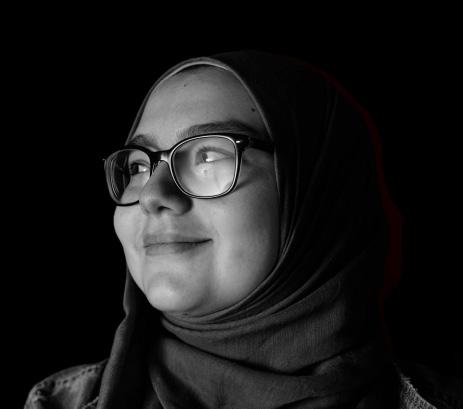
Learning about my [Native American] culture mostly happened outside of the classroom. A lot of the time people like me exist as an asterisk in textbooks. I would visit our reservation with my mom and grandfather, which taught me things that I never would’ve learned through our curicculum about native people and our beliefs. He told me about the history that the school system leaves out, but also a lot about myself. My grandfather taught me when I was young about the importance of animals in Native American culture, as when observing animals, there is a lot to learn from them such as being patient and thoughtful in my actions I don’t think about my identity too much, but things like that influence my perspective and my relationships with others.
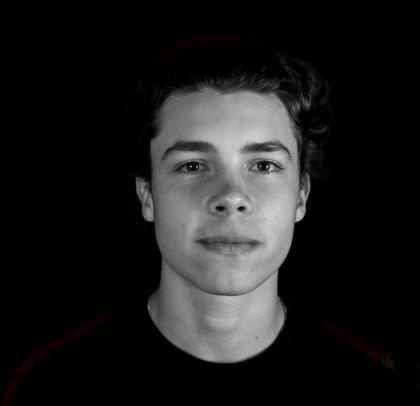
ben condill (11) roudah chaker (11)
Sometimes I still feel like I’m trying to find a place for my culture within America. At home, I speak Urdu, eat Indian food, and try to pray five times a day. I don’t like the phrase “first generation American,” though sometimes, it has impacted my experiences. If you met me in middle school, I’d be almost unrecognizable from who I am today. I’ve had to do a lot of growing into myself because of what I was exposed to when I was younger, which happened because of the people that I’m friends with. I have done my best to find a compromise between being both American and Indian, but it’s really challenging. The diversity [at Oakton] has taught me that I can come from a different culture and still feel at home with people that come from another one - it helped me to develop my own perception of the world and to see that being different can bring people together too.

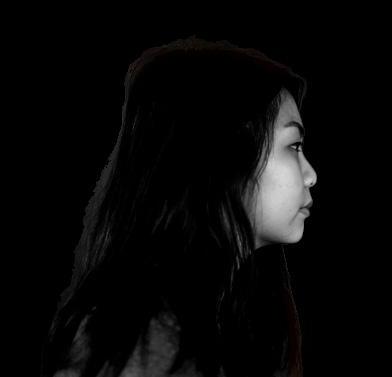
Oakton’s generally a pretty accepting area, so I’ve never felt the need to cover up being bisexual in school. I’m generally pretty open about it, but it’s also not the type of thing that’s instantly noticable about me or that I lead with in conversation. At times that has made things hard for me though, because it’s difficult to find people that share your experiences when you can’t really see it like you can among women or people that share a similar race. Eventually I learned that a lot of my close friends were also LGBT+, just by coincidence, which was really important because it helped me to be able to understand that this is what I am, but that it’s not something that entirely defines me.

